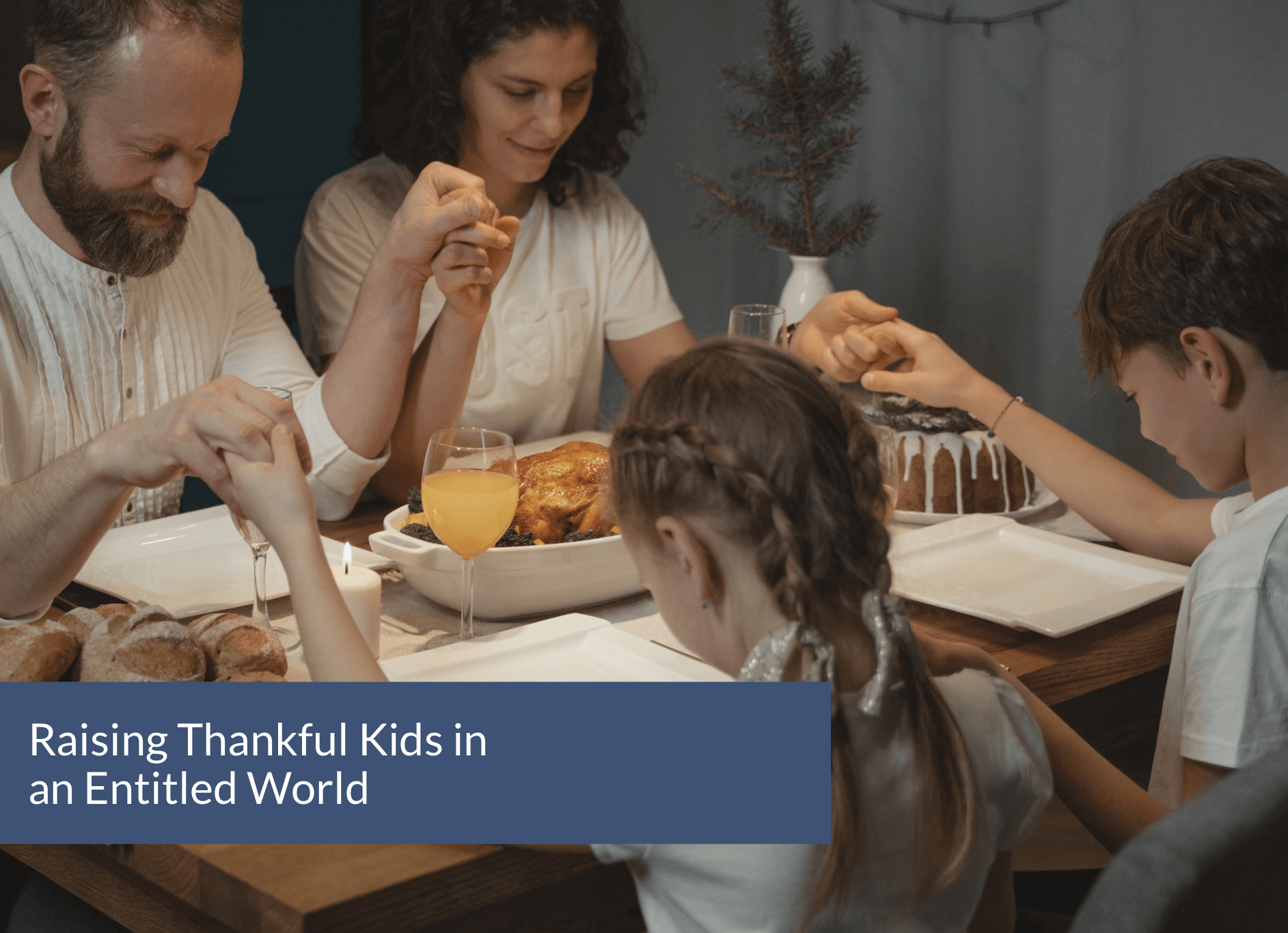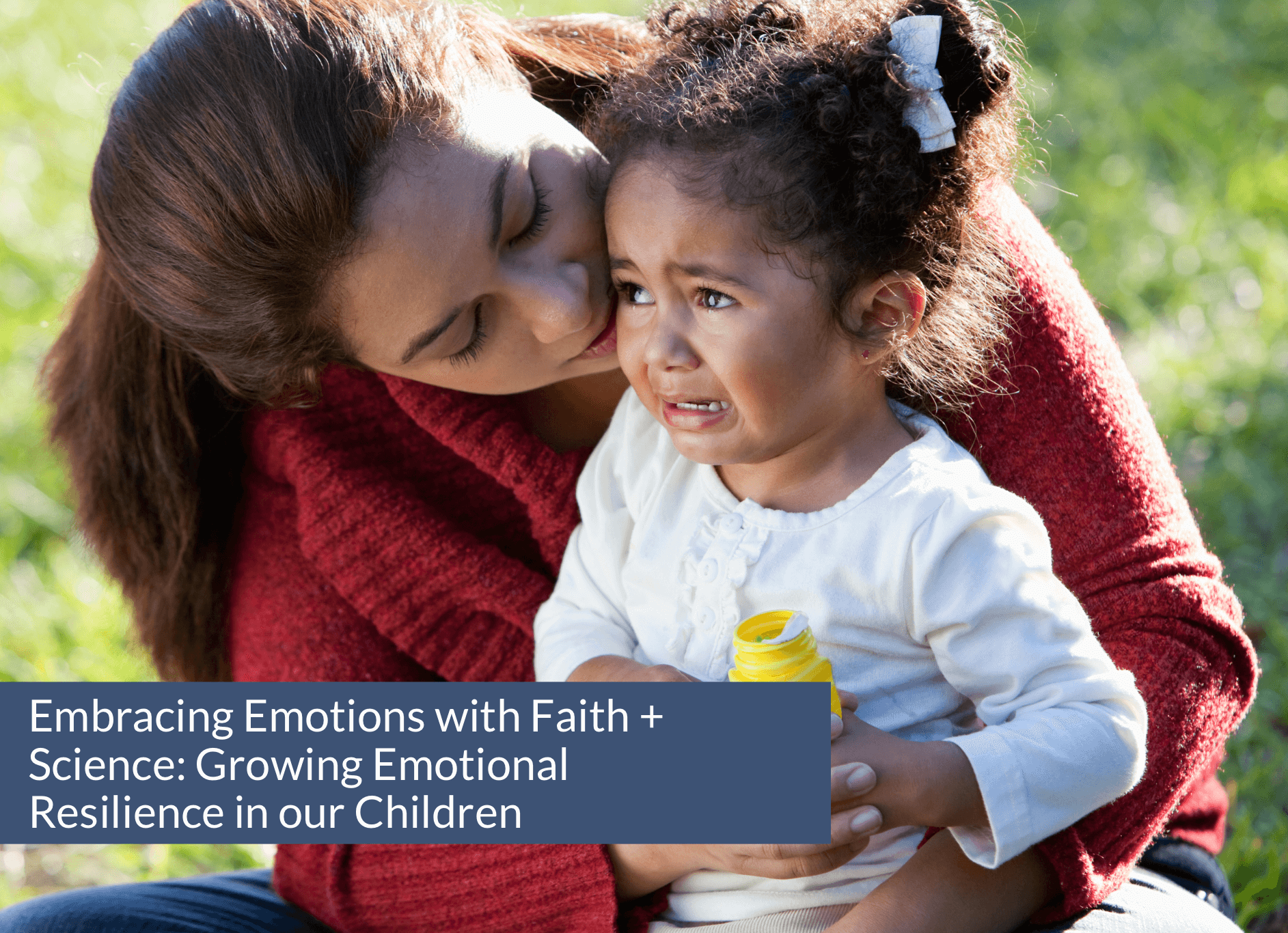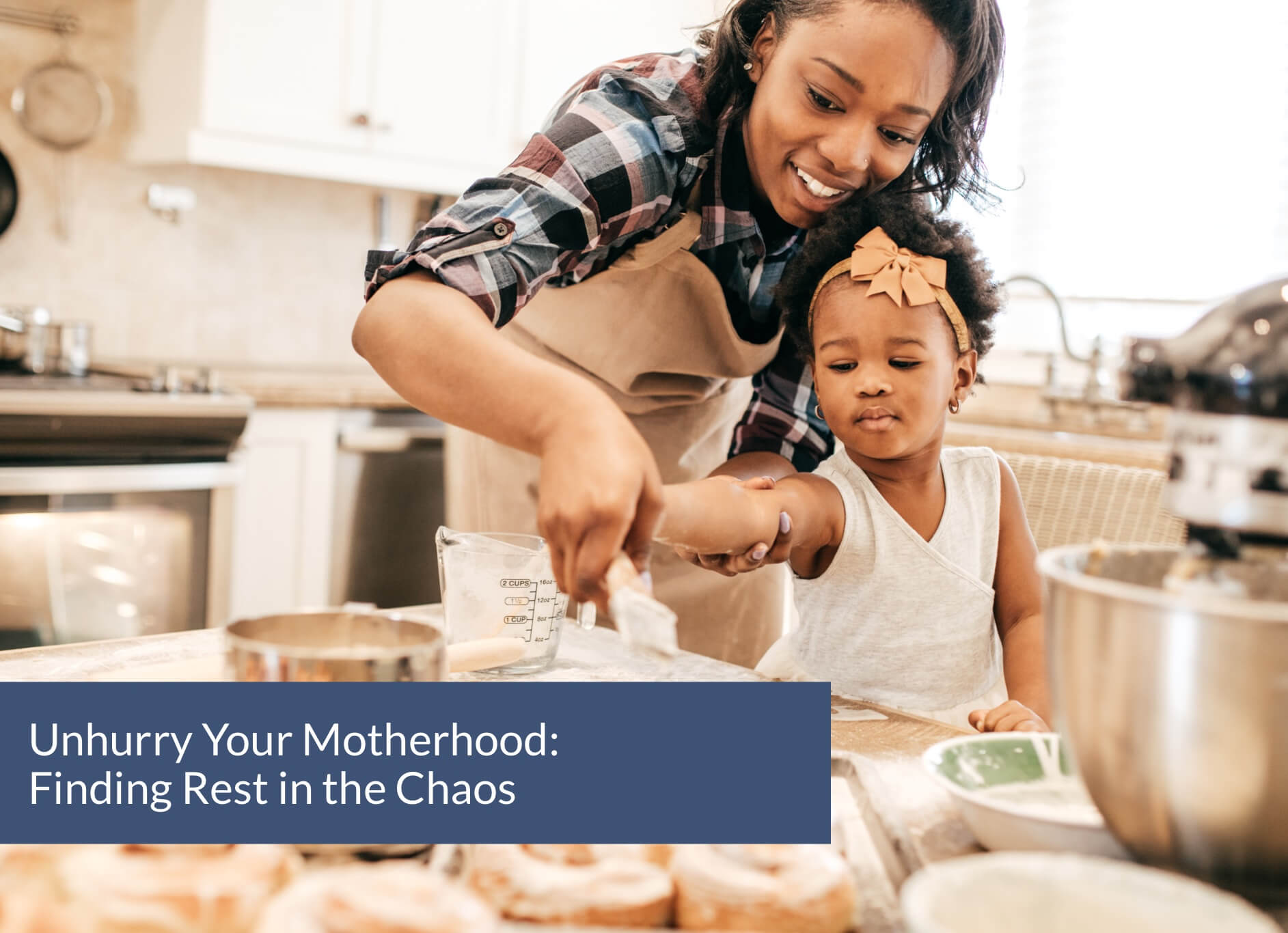
Chubby little preschooler hands wrapped around treasured ornaments as I tried my best to oversee the decorating of our tree.
My boys were young, barely out of diapers and — try as I might to make some sort of magic out of decorating — the noise of my young sons arguing over who would hang the ornaments meant the whole experience felt more like barely-controlled chaos than magical memory-making.
“I need a break,” I whispered under my breath and to my husband. Then, I hastily locked myself in my room for a moment to reset and calm myself from overstimulation.
It was there, in the quieter-but-not-all-that-quiet space that I realized the weight of pressure had settled on me. I was reminded of something deeper: Christmas was never about creating magic. It’s always been about resting in the miracle. The miracle of with — God with us.
Sign up here to receive free daily notes from (in)courage, sent right to your inbox.

If you've ever handed your child a carefully chosen gift, only to hear, “Is that all?” you’re not alone. As parents, we’ve all had moments when our kids seem more focused on what they’re getting than on the love or effort behind it. It’s easy to feel discouraged, especially in a culture where advertising and peer pressure scream that more is better, and "enough" is never enough.
But here's the good news: gratitude is learned. And as Christian parents, we have the unique opportunity to teach our children that thankfulness isn’t just about the gifts—it’s about recognizing the heart of the giver and the provision of a loving God who supplies all our needs.
Read more...
For many of us, emotions can feel like a mixed blessing—“positive” emotions give spice and vitality to life, while “negative” emotions are the obstacles that lead us into sin and thus are something to suppress. But what if emotions, both the delightful ones and the uncomfortable ones are a precious gift from God?

When it comes to helping our children understand and navigate their emotions, we have both timeless wisdom and truth from Scripture and modern insights from neuroscience to guide us as parents and caregivers. By looking to Jesus as our example and understanding how emotions work in the brain, we can offer our kids the support they need to develop healthy emotional resilience...
Read more...
I remember the season vividly. The laundry was piling up, my toddler was refusing naps, and we were stuck eating the same three meals over and over again. I was drowning in the overwhelming pressure of motherhood, battling postpartum anxiety, and feeling triggered by the constant mess and toddler conflict. The endless to-do list felt impossible to tackle, and my mind raced with all the things I wasn’t getting done.
Slowing down? Unhurrying my motherhood? It sounded beautiful, but felt impossible. And yet, deep in my soul, I knew something had to change. I longed for peace in the everyday moments, for a rhythm that allowed me to catch my breath.
It didn’t happen all at once. Learning to create rhythms that support slow living was hard. It took time. But slowly, I began to make space for rest and a gentle pace in my day-to-day life...
Read more...





